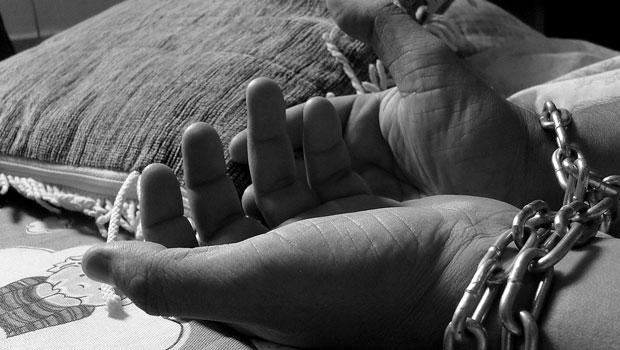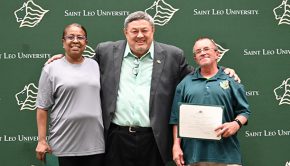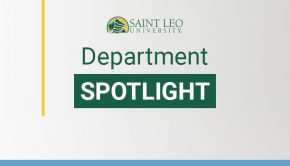National Slavery and Human Trafficking Prevention Month
January is National Slavery and Human Trafficking Prevention Month. This isn’t just a problem that happens overseas—it happens every day in communities throughout the United States. Florida is identified as a hub for human trafficking and is one of the highest destination states for women and children trafficked into the United States, according to the Clearwater/Tampa Bay Area Task Force on Human Trafficking.
Men, women, and children are forced by criminals to work long hours for little to no pay in unsafe conditions as prostitutes, servants, or laborers. Human trafficking involves the commercial exchange and exploitation of people including forced prostitution and pornography, involuntary labor, servitude, and debt bondage, according to the Florida Coalition Against Human Trafficking.
By being aware of the signs of trafficking, a taxi driver in California recently helped a young woman get free from her captors. By increasing awareness about how to spot and report trafficking, we can all help catch traffickers and save their victims.
How to help:
The “Blue Campaign” from the Department of Homeland Security has examples and videos to help you learn more about human trafficking: Blue Campaign
The Office on Trafficking in Persons features myths and facts about trafficking, identifies vulnerable communities and offers victim services: Office on Trafficking in Persons
Florida Attorney General Bondi is launching a new website to address human trafficking, YouCanStopHT.com, and starting this month, digital signs will be displayed throughout the Tampa International Airport encouraging travelers to visit the new site for tools to spot human trafficking and report suspicious activity.
Help stop trafficking in your community by staying alert to the signs of trafficking and contacting the authorities if you suspect someone is being trafficked.
To report suspected human trafficking, call: 1-866-347-2423.
To get help from the National Human Trafficking Hotline call: 1-888-373-7888 or text HELP or INFO to BeFree (233733).
You can e-mail the Blue Campaign directly at blueCampaign@h.dhs.gov.
For more information, contact Teresa Dadez, director of the Health and Wellness Center, at Teresa.dadez@saintleo.edu or (352) 588-8347.






